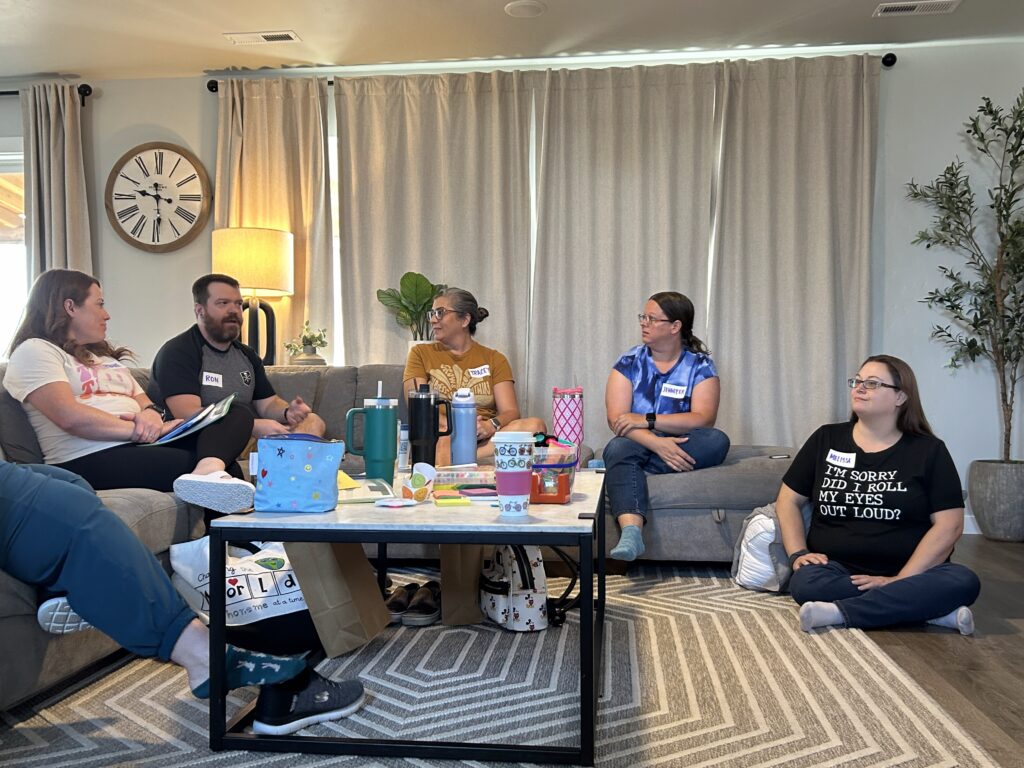One thing all education stakeholders will tell you is the current public school funding formula does not provide equitable opportunities for all students.
It is time for the committee exploring the modernization of the funding formula under the guidance of Debbie Critchfield, Idaho’s state superintendent, and co-chaired by Rep. Wendy Horman (R-Idaho Falls) and Sen. Lori Den Hartog (R-Meridian), to take a proactive step toward reforming our antiquated school funding system by initiating an adequacy study. This study is the key to unlocking a more just, efficient, and effective education system for future generations.
In the decade I have worked in the education policy space, many policymakers have sought to address Idaho’s school funding formula. Governors and legislators have spent hundreds of thousands of dollars hiring consultants and gathering feedback from stakeholders. But consensus has alluded education policymakers and stakeholders because in every iteration of a potential new funding formula model has winners and losers in future funding outcomes that made the politics of the change unworkable.
Idaho Education Association members have long advocated for an adequacy study of public school funding that takes a clear-eyed look at our education system and makes a true assessment of the actual cost of providing every student with a quality education. Such a study should examine factors such as class size, teacher qualifications, technology access and support services directly impacting a student’s learning experience.
Conducting such a study would not only give us an unvarnished look at the current and future needs of public schools, it would also point out where our current funding strategies are missing the mark.
Today, Idaho’s funding formula, which relies much too heavily on local bond and levy measures for fundamental operating expenses, often exacerbates disparities and leaves disadvantaged schools with insufficient resources. An adequacy study would highlight these disparities and provide a roadmap for allocating resources in a manner that narrows the student achievement gap.
Such a shift would increase student performance without question. Study after study shows that adequate resources correlate with better student outcomes. By understanding the specific needs of different schools and districts, we can tailor our investments to maximize academic success and promote student growth.
A new formula should also demand better accountability and transparency. By identifying what resources are necessary for quality education, we can minimize waste while guaranteeing that every dollar spent contributes to positive educational outcomes.
Recent investments in educator pay have gone a long way to improve educator retention rates in Idaho schools, but we need to know what long-term strategies can be implemented to prevent future teacher shortages. Adequate funding allows for competitive salaries, professional development opportunities and a supportive teaching environment, which in turn benefits students across the board.
While the benefits of an adequacy study are undeniable, there might be some hesitance from certain quarters to embrace this change. Conducting an adequacy study requires an upfront investment and the political will to define what is undoubtedly one of the State of Idaho’s biggest challenges. Some might fear the financial burden, but it is important to remember that the long-term gains in a better-educated populace far outweigh the initial costs. Risk adverse policymakers might be more comfortable with the status quo, but there’s no denying an adequacy study will provide a data-driven approach that minimizes subjective biases and focuses on the needs of students.
An adequacy study is not just an expenditure; it is an investment in our children’s future and the future of our society. By exploring changes to the public school funding formula through an adequacy study, we demonstrate our commitment to equitable education and the holistic development of every child. It is time to reshape our education system, ensuring that every student has access to the tools they need to succeed.
Matt Compton is the associate executive director of the Idaho Education Association.




